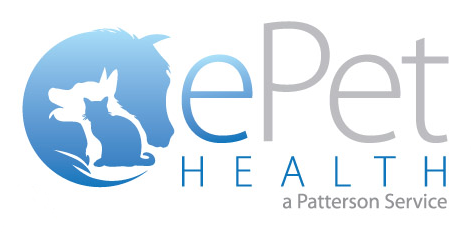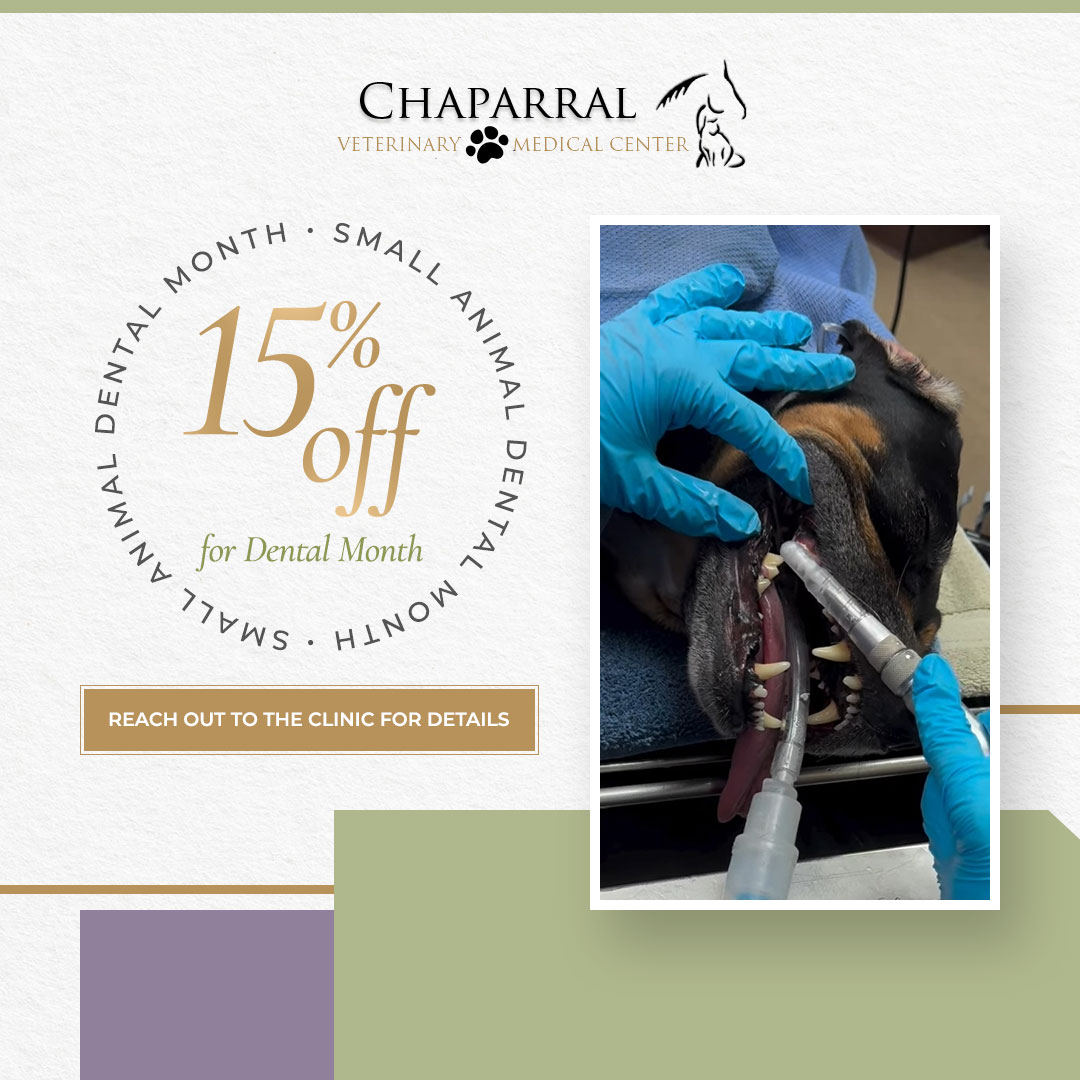Cave Creek, AZ 85331
Vaccines
Vaccines
Recommended Deworming Schedule
• At CVMC we currently recommend a “strategic” deworming program. This type of program is tailored to each individual horse’s or group of horses’ risk factors, exposure to parasites and other needs. The program is then monitored with periodic fecal examinations to determine the amount of worms the horses may be infected with. This type of program will minimize both the horse’s worm burden and the need for deworming. In Arizona’s hot and dry climate we often find that horses will require deworming as few times as every 6 months. Speak to one of our veterinarians to determine the best deworming schedule for your horse and to have a quantitative fecal examination performed.
Recommended Vaccination Schedule
• At CVMC we select the best vaccine products from different vaccine manufactures for each disease. This way we don’t compromise either protection against illness or safety by being loyal to any one vaccine manufacturer or product line.
• At CVMC we believe that a healthy horse is not only a well vaccinated horse but one that has at least one annual physical examination. That’s why we offer a FREE brief physical examination for all horses receiving their vaccinations*
• All vaccines are given as a series of two vaccines when first given to an individual horse, usually when they are foals, about 3-5 weeks apart, (except rabies which only requires a single shot and rattlesnake vaccine which requires a series of three vaccinations). Foals are generally first vaccinated at 5-6 months of age.
• Below see recommendations for specific diseases:
Eastern & Western Encephalitis (sleeping sickness) –these diseases are carried by birds and spread by mosquitoes to horses and people and should be vaccinated against once yearly in the spring prior to the mosquito season. Pregnant mares should be vaccinated 6 weeks prior to their due date.
West Nile Virus –this disease is also carried by birds and spread by mosquitoes to horses and people and should be vaccinated against once yearly in the spring prior to the mosquito season. Pregnant mares should be vaccinated 6 weeks prior to their due date.
Tetanus – also known as lock jaw, the organism causing this disease is common in soil and the it should be vaccinated against annually
Equine Influenza - twice yearly, spring and fall. We currently recommend the intranasal vaccine. Pregnant mares should be vaccinated 6 weeks prior to their due date with the injectable product.
Rhinopneumonitis (Equine Herpes Virus) - at least twice yearly for protection against respiratory disease and possibly also against the neurologic form of the disease. Pregnant mares should receive the vaccine to help prevent the form of the disease which causes abortion at 5, 7 and 9 months of gestation.
Strangles (Distemper or Strep) causes abscessing of the lymph nodes and is highly contagious from horse to horse. It should be vaccinated against once annually, usually in fall or when the disease is in your neighborhood. We are currently recommending the intranasal vaccine. Pregnant mares should be vaccinated 4 weeks prior to their due date with the injectable vaccine.
Rabies- an annual booster is recommended for stabled horses and is strongly encouraged for horses with higher exposure to wildlife such as bats, coyotes, skunks and bobcats.
Rattlesnake Vaccine – will help to reduce the severity of snake bite from the Western Diamondback and thus is recommended in outlying areas where snakes are more common. Usually snakes are bitten in their stalls but occasionally while on trail rides as well. After the initial series of three vaccines, boosters are given twice yearly.
Potomac Horse Fever- given yearly in the spring for horses traveling to areas where it is common (Midwest & Eastern US) as it does not occur naturally in Arizona.
EPM (Equine Protozoal Myeloencephalitis) – not recommended due to poor efficacy
Other diseases – occasionally vaccination against other diseases such as botulism may be recommended based on special circumstances
Possible side effects of Worming and/or Vaccinations.
Loss of appetite, soft feces, fever, lethargy, colic, soreness or swelling at the injection site when injectable vaccines are administered and nasal discharge when the intranasal products are used. In extremely rare instances death could occur.
If these symptoms persist for more than 24 hours or are severe in nature, call CVMC for advice or examination.
There should be no forced exercise or riding for 24 hours after deworming or vaccinations.

Mission Statement
"We have a commitment as a team to improve ourselves both personally and
professionally so that we may better serve our patients by providing quality
veterinary care."
Our Slogan:
"Partners for Life"
Our Motto:
"Expect Excellence"

Cards Accepted






